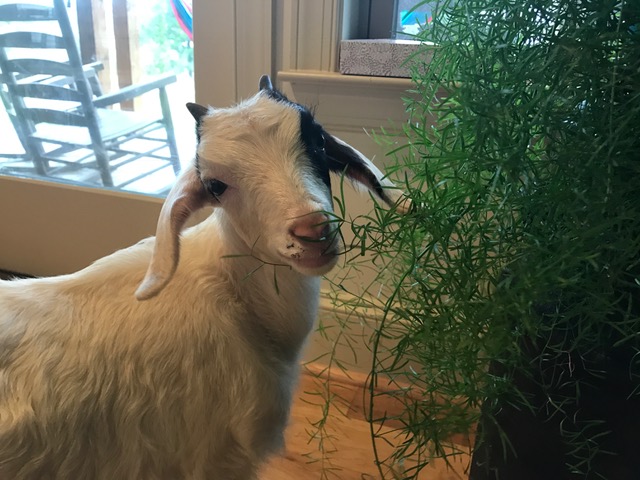Last month, my closet pyromaniac husband gleefully eliminated a long standing task on our farm to-do list: burn the brush piles. These weren’t your average “let’s have a bonfire” brush piles; the previous owner stock piled wood and brush from job sites over a period of years, building the larger one to over eight feet tall and forty feet in diameter. I was determined to somehow recycle the material as desperately needed organic matter in the garden and orchard, but we couldn’t find any viable options. Chippers are expensive to buy or rent, and the time required was out of the question. Most of the larger pieces were rotten and no use for our wood stove. The only bio char set up I knew would have been as equally time intensive (since then I learned how to burn a brush pile in certain ways to glean bio-char and we will be doing this with the remaining piles ) Mr. Pyro patiently waited for me to give in to the burn option.




